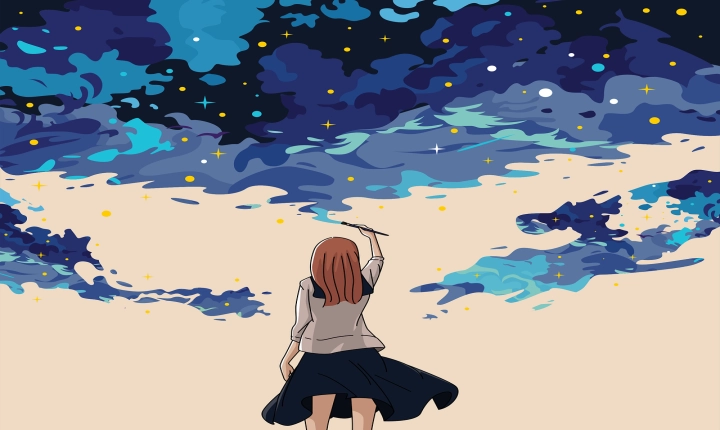Title: How to Start Making AI Art: A Beginner’s Guide
Artificial Intelligence (AI) has revolutionized many industries, and the art world is no exception. With the advancements in AI technology, creating art using AI has become more accessible and popular. Whether you’re an artist looking to incorporate AI into your creative process, or a beginner interested in exploring the world of AI art, this article serves as a beginner’s guide to getting started.
1. Understanding AI Art:
AI art involves using algorithms and machine learning techniques to generate or manipulate images, music, and other forms of art. AI can be used to create original artwork, enhance existing artwork, or generate new art based on a specific style or genre.
2. Familiarize Yourself with AI Tools for Art:
There are several tools and platforms that make it easier for artists to incorporate AI into their creative process. Some popular AI art tools include DeepArt, RunwayML, and Google’s Magenta Studio. These tools allow artists to experiment with different AI models, styles, and techniques to create unique and compelling art.
3. Learning the Basics of Machine Learning and Generative Adversarial Networks (GANs):
To dive into AI art, it’s beneficial to have a basic understanding of machine learning concepts and how they are applied in the creation of art. Generative Adversarial Networks (GANs) are a popular technique used in AI art, where two neural networks compete with each other to generate and discriminate images. Learning about GANs and how they work can provide valuable insights into creating AI-generated art.
4. Experimenting with Style Transfer:
One of the most popular AI art techniques is style transfer, where the style of one image is applied to another. This technique allows artists to create visually stunning and unique artworks by combining different artistic styles. Using AI tools that support style transfer can be a fun and creative way to start experimenting with AI art.
5. Incorporating AI into Your Creative Process:
If you’re an artist looking to incorporate AI into your workflow, start by exploring how AI can complement your existing artistic style. Experiment with different AI models, techniques, and styles to find ways to integrate AI into your creative process in a way that aligns with your artistic vision.
6. Embracing Creativity and Exploration:
AI art is not just about the technology; it’s about the creative ideas and visions that artists bring to the process. Embrace the opportunity to explore new artistic horizons with AI, and don’t be afraid to experiment and push the boundaries of what’s possible.
7. Collaborating with AI as a Creative Partner:
Some artists see AI as a creative partner rather than a tool, collaborating with AI to generate new ideas, explore different artistic concepts, and expand their creative possibilities. Embracing AI as a collaborator can lead to exciting and unexpected artistic results.
In conclusion, AI art offers a new frontier for artists to explore, experiment, and create. Whether you’re a seasoned artist or a newcomer to the world of art, incorporating AI into your creative process can open up a world of possibilities. By understanding the basics of AI, experimenting with AI tools, and embracing your creativity, you can start making AI art that is both innovative and inspiring.
